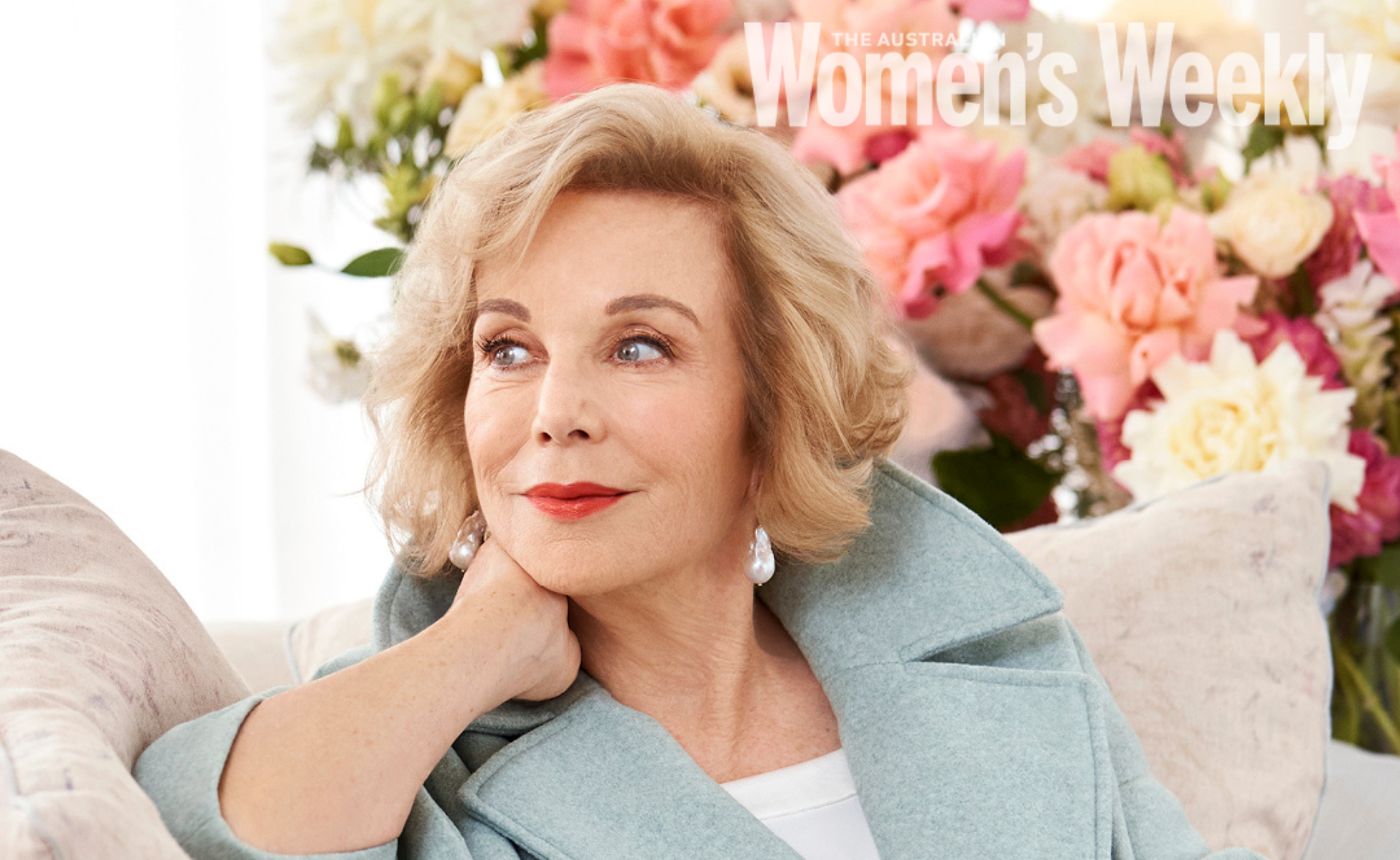She educated an entire generation of Cleo readers about women’s sexual health and empowerment in the ’70s, and Ita Buttrose has continued to spread the word about important issues of the day ever since.
Now she has a new message for Aussie women – if we want to stay healthy, we can’t ignore our bones.

Buttrose is sharing an important message.
(Image: Getty)As an ambassador for The Big O, the media icon is on a mission to get us talking about bone density scans.
“Good health, particularly as we get older is so important because it allows us to continue to do all the things we want to do,” she tells Woman’s Day.
“But it’s very hard to get away from the fact that 40 percent of people over 70 have never had a bone density scan.”
While Ita says that most Australians know about osteoporosis, they often mistakenly think it won’t affect them.
“Two in three Australians over the age of 70 are at risk of osteoporosis,” she explains. “You can’t assume it won’t happen to you.”

Buttrose is partnering with our sister publication, Australian Women’s Weekly, to launch The Big O campaign.
(Image: Getty)DO I NEED A SCAN?
Osteoporosis can happen to anyone, including men. However, the risks increase for women as they reach their 50s.
“As we get older, our bones become more fragile and we lose oestrogen after menopause. All of these things have an impact,” says Ita.
A bone density scan (also known as a DEXA scan) is the best way to keep track of your bones. Osteoporosis expert Professor Peter Ebeling from Monash University says this is fully covered by Medicare once you turn 70.
“It’s reimbursed by the government,” he says. You may also be covered if you are younger and have certain risk factors.
The first step is to book a chat with your GP, who will ask you about your health and family history, as well as medications you take and if you went through menopause early.

Osteoporosis typically presents no symptoms.
(Image: Getty)WHAT DOES THE SCREENING INVOLVE?
Once you’ve got your referral, Ita says having a scan couldn’t be simpler. “I’ve never had to wait, you just make the appointment and turn up,” she explains.
“It’s the easiest thing in the world, you just hop on the bed. You don’t have to take your clothes off, you just lie there. I usually nod off, it’s so comfortable.”
The scan takes around 10 to 20 minutes and is completely painless.
“A large scanning arm passes over your body to measure bone density in the skeleton using low-dose X-rays,” says Professor Ebeling. “This is then used to produce an image of the scanned area.”
Osteoporosis can be treated, and the faster it’s detected the sooner you can begin. “A DEXA scan will alert your GP if your skeleton is showing signs of bone loss and if you need to take action,” says Professor Ebeling.

Bone density is measured through low density x-ray.
(Image: Getty)HOW TO SUPPORT YOUR BONES
At 81, Ita continues to break barriers while challenging stereotypes about women and age.
The ABC chair says she knows plenty of women who live life to the fullest as they get older, but important steps like looking after your bones play a crucial role in maintaining independence.
“The statistics show that one in four people die within 12 months [after a] hip fracture,” she explains.
“If you have a really bad fracture, or fall and break your hip and you don’t know that you’ve got fragile bones, your longevity can be threatened.”
There is plenty that you can do to support your bones. Along with staying up-to-date with her DEXA scans, Ita also takes vitamin D and exercises regularly.
“I have four sessions at a gym every week. I do two hours of strengthening and two hours of balance because that’s another issue as you get older,” she explains.

Exercise and regular movement is important to maintain strong bone density.
(Image: Getty)“[You need to] find out how to protect your body and do everything you can.” Most importantly of all, Ita says staying well gives you the opportunity to enjoy many vibrant years ahead.
“All my friends are active. Some of them are on walking sticks and they all get out and about. I think older people have a great zest for living,” she says.
“When you get older, you don’t worry so much. You’ve got a lot more tolerance, you understand people better.
I can look at people and think, ‘Oh, that person’s a bit nervous. I’ll try and put them at ease.’ You know what you want, you know when to shove, you know when to shove off. It’s really good.”
